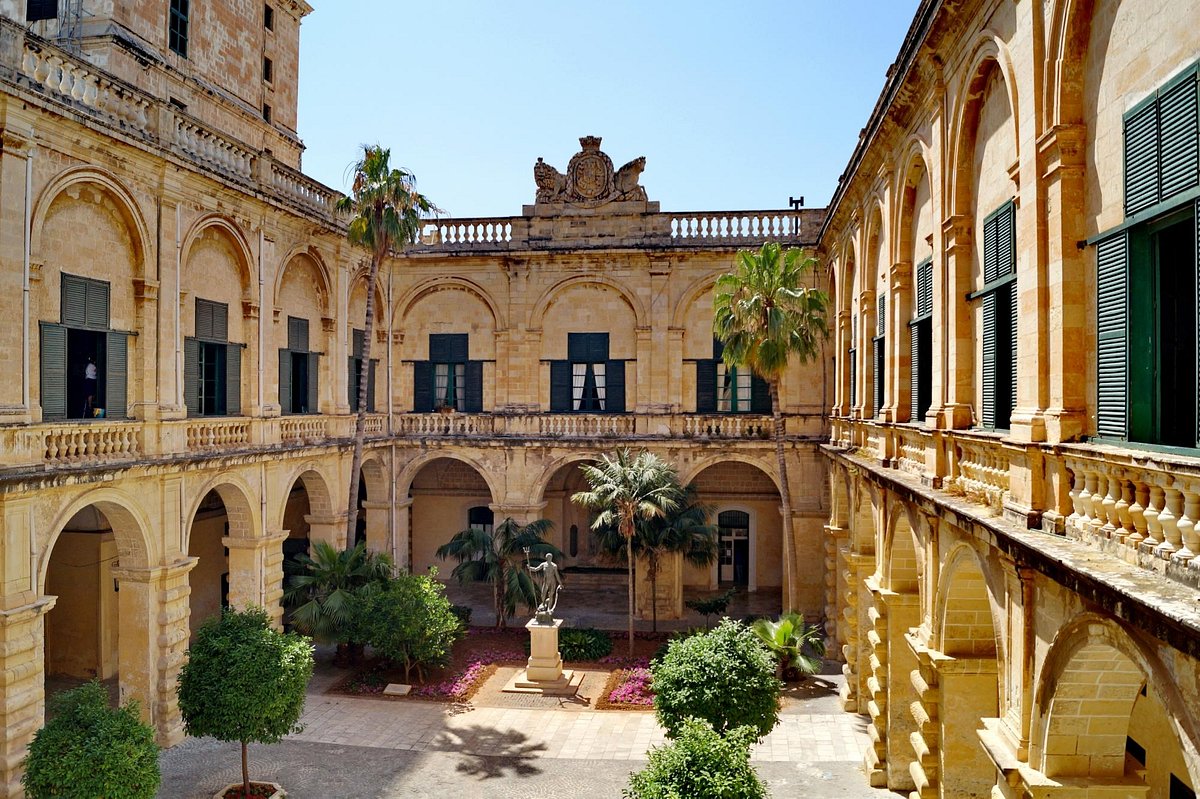
“The Palace Armoury of Valletta” by A. Czerwinski and Z. Zygulski provides an in-depth exploration of one of the most significant collections of arms and armor in Europe, housed in the Grandmaster’s Palace in Valletta, Malta. This collection, which dates back to the 16th century, offers a fascinating glimpse into the military history and the […]
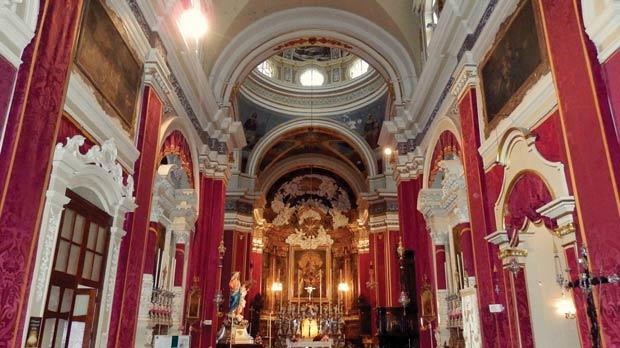
Prior to its foundation by Grand Master Claude de la Sengle in 1554, the land on which Senglea was built was mainly used by hunters. This explains the presence of the earliest known church built there, that dedicated to St Julian, the patron saint of hunters. It was first erected in 1311, then rebuilt in […]
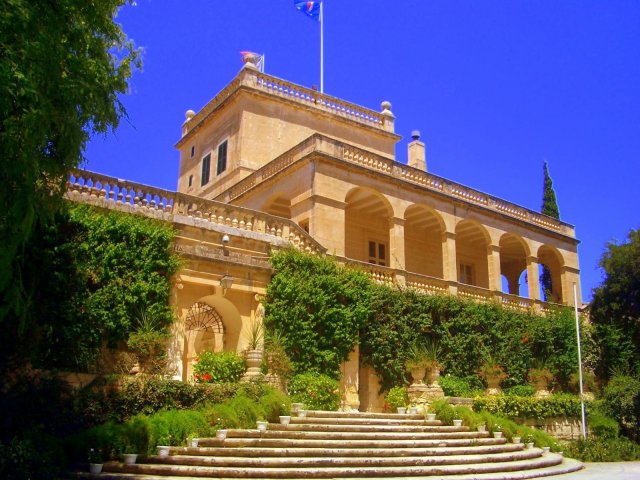
Originally this Palace was built as a summer residence by the Knight Fra Antoine de Paul at the beginning of the 17th century. When he became the 13th Grandmaster of Malta in 1623, he added to the original building and enlarged the gardens around the palace. The English also enlarged it when it was used […]

À l’origine, ce palais a été construit comme résidence d’été par le chevalier Fra Antoine De Paul au début du XVIIe siècle. Lorsqu’il est devenu le 13e Grand Maître de Malte en 1623, il a agrandi l’édifice original et les jardins autour du palais. Les Anglais l’ont également agrandi lorsqu’il était utilisé par les gouverneurs […]

Malta is the smallest country in in the European Union, however what it lacks in size, it makes up for in charm. There are few countries packed with such a concentration of heritage and beauty spots, so it’s important to plan your trip before you arrive.
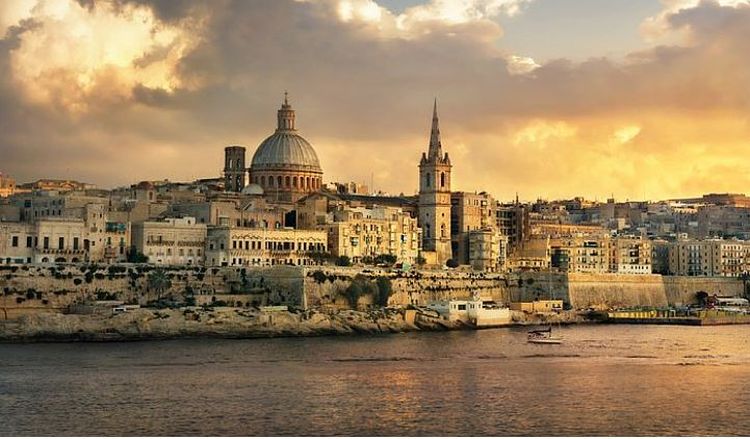
Malte est le plus petit pays de l’Union Européenne. Cependant, ce qui lui manque en taille est ce qui fait son charme. C’est un pays avec une telle concentration de patrimoine et de jolis sites, qu’il est important de planifier son voyage avant d’arriver.
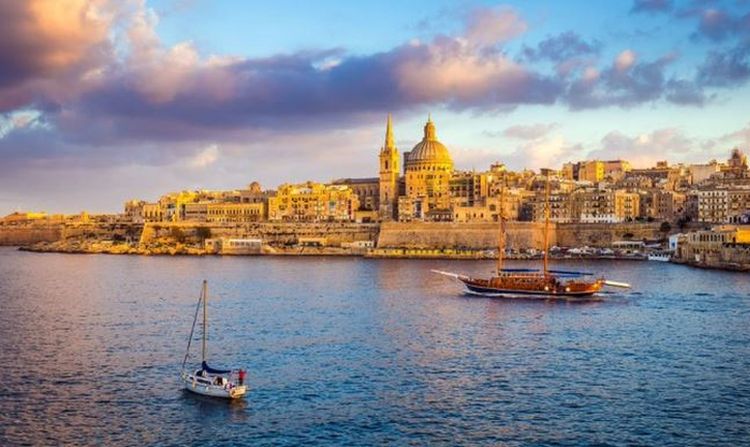
Vallettta, Malta’s ‘new’ capital built after the Great Siege of 1565, is the jewel in Malta’s crown. The ‘City built by gentlemen for gentlemen’ is full of stunning sights and hidden gems, palaces, churches, theatres and some of Malta’s best restaurants.
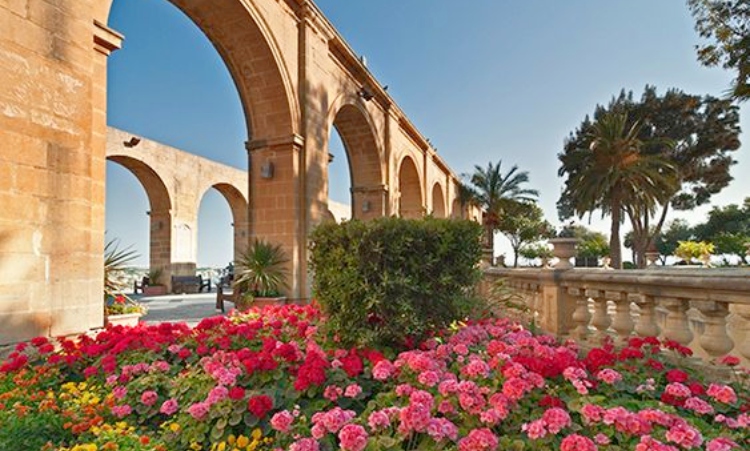
Do not miss the Upper Barrakka Gardens at the highest point on Valletta’s bastions to enjoy the Barrakka’s breath-taking view of the only natural harbour in the Mediterranean. With the Three Cities as its backdrop, this harbour has dictated Malta’s history.
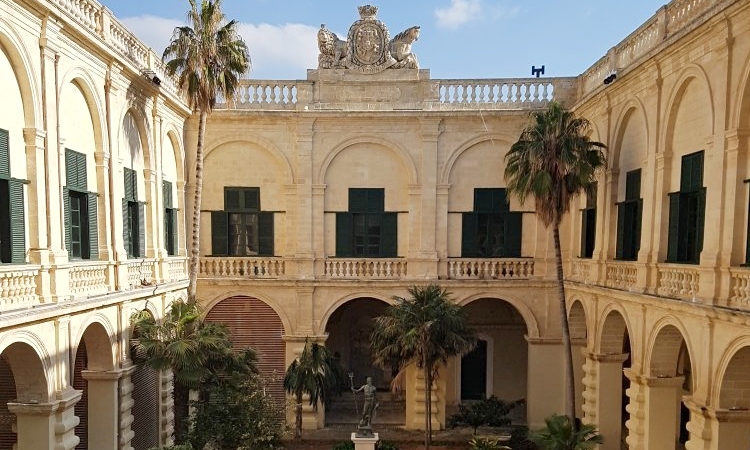
The most grandiose of Malta’s palace interiors, the Grand Master’s Palace was meant to be built elsewhere, then started llife as three houses joined up to form a palace, and is now the office of the President of Malta – said to be haunted!

Often described as a ‘living museum’ Casa Rocca Piccola has won a much coveted “Best Kept Secret” award from the UK Independent Newspaper Travel Award and is rated by Trip Advisor as one of Valletta’s top attractions.
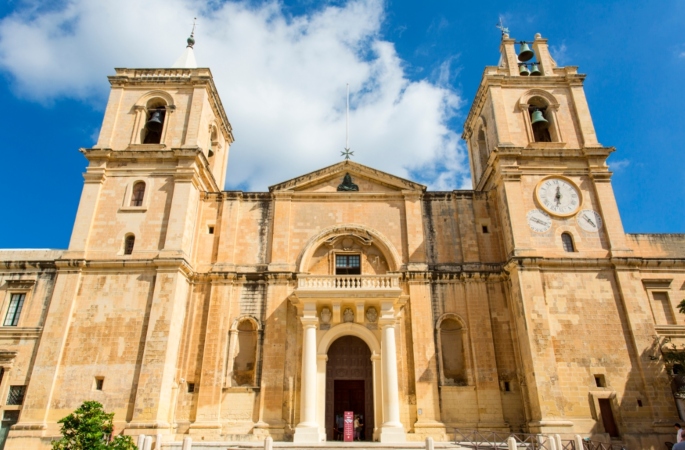
St John’s was built by Grand Master Jean de la Cassière between 1573 and 1578, as the Conventual Church of the Order of the Knights Hospitaller of St John. The church, built in the heart of Valetta as a sign of its importance, was designed by the Maltese military architect Girolamo Cassar who designed several […]

For its size, Malta’s Muza Art Museum offers a remarkable collection of European creativity, with works by world-renowned artists from the 15th to the 20th Century as well as audio-visual experiences, a must-see for anyone who enjoys the arts.
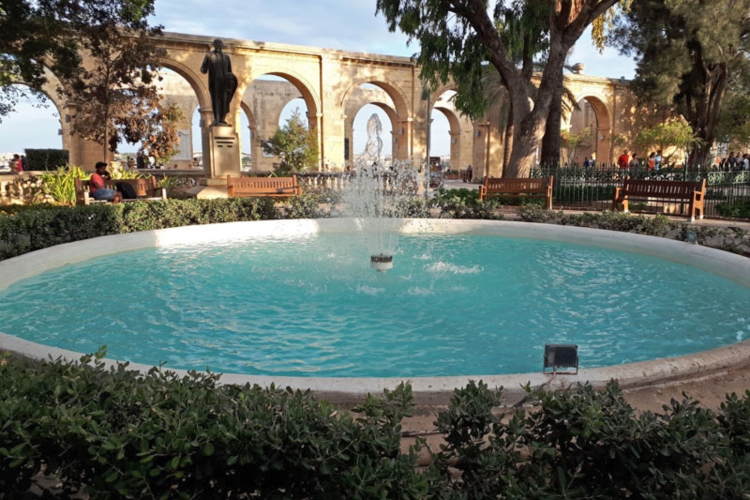
Valletta has a lot to offer, so as its gardens! Here is a list of the main gardens of the capital city.

De passage à la Valette, faites un tour dans ces plus beaux jardins ! Avec de magnifiques vues sur le grand Harbour notamment, ces jardins sont superbement décorés de fleurs et de monuments uniques.

Vous ne pouvez pas manquer Les Jardins d’Upper Barrakka situés au point culminant de la Valette, vous pourrez profiter d’une vue à couper le souffle sur le seul port naturel méditerranéen. Les Trois Cités comme toile de fond, ce port a dicté l’histoire de Malte!
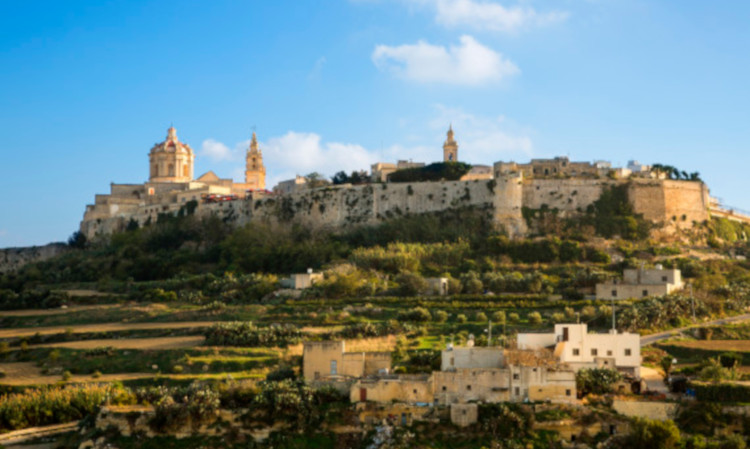
Melite, Citta’ Notabile and the Silent City are some of the names Mdina has been given during its amazing history which spans thousands of years and also different empires and civilisations, each of which have left their mark on this noble citadel.
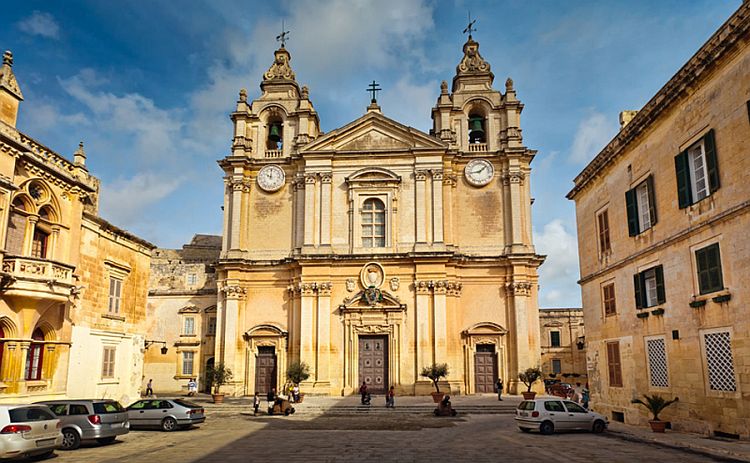
Paul’s Cathedral stands on the traditional site of the home of St Publius, father of the governor of the island at the time that St Paul was shipwrecked in Malta

The Magisterial Palace at Mdina, Palazzo Vilhena is a glorious example of Charles Francois de Mondion’s French Baroque remodelling of Mdina. Originally serving as the Universita’, or local Government, Vilhena Palace now serves as Malta’s National History Museum.
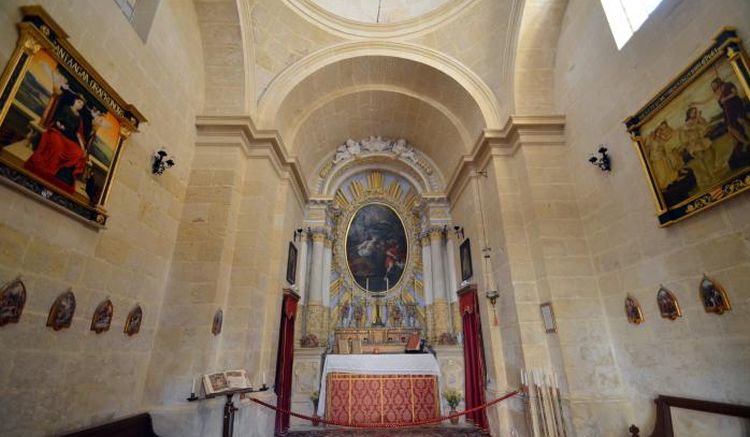
The chapel of St. Agatha dates back to 1410 and is of great historical interest, recalling Mdina being saved from a Muslim attack. It was destroyed in the Sicilian earthquake of 1693, rebuilt by Gafa, Malta’s leading Baroque architect, and housed refugees during WWII.
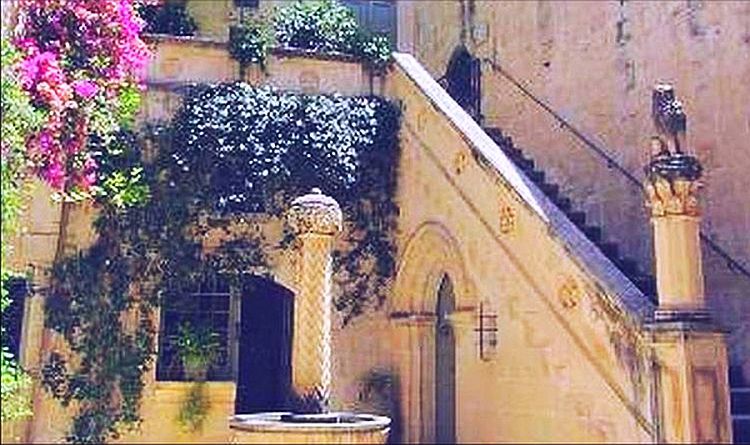
Palazzo Falson – previously known as The Norman House – is the second oldest building in Mdina and has been turned into a fascinating, eclectic museum where one can travel back in time and discover the Island’s history.
designed and produced by Logix Digital